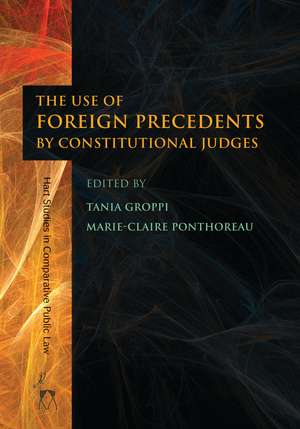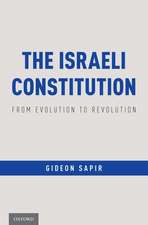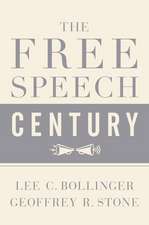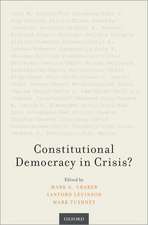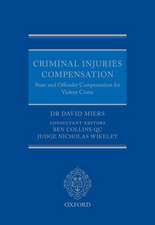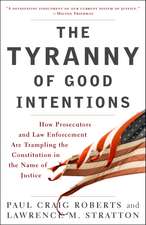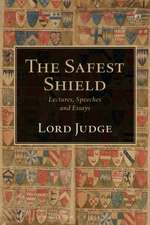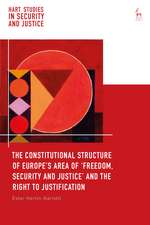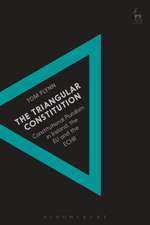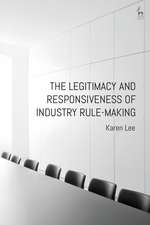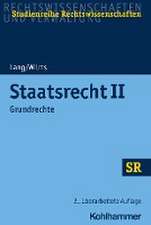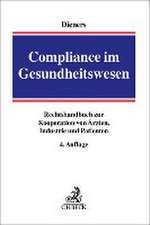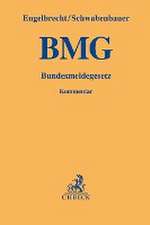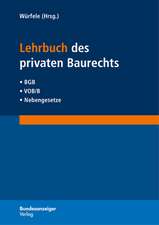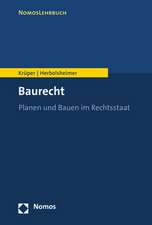The Use of Foreign Precedents by Constitutional Judges: Hart Studies in Comparative Public Law
Editat de Professor Tania Groppi, Professor Marie-Claire Ponthoreauen Limba Engleză Paperback – 11 iun 2014
| Toate formatele și edițiile | Preț | Express |
|---|---|---|
| Paperback (1) | 279.85 lei 6-8 săpt. | +109.68 lei 10-14 zile |
| Bloomsbury Publishing – 11 iun 2014 | 279.85 lei 6-8 săpt. | +109.68 lei 10-14 zile |
| Hardback (1) | 577.37 lei 6-8 săpt. | |
| Bloomsbury Publishing – 27 mar 2013 | 577.37 lei 6-8 săpt. |
Din seria Hart Studies in Comparative Public Law
- 22%
 Preț: 270.67 lei
Preț: 270.67 lei - 18%
 Preț: 305.41 lei
Preț: 305.41 lei - 18%
 Preț: 323.38 lei
Preț: 323.38 lei -
 Preț: 380.87 lei
Preț: 380.87 lei - 23%
 Preț: 386.15 lei
Preț: 386.15 lei - 22%
 Preț: 251.39 lei
Preț: 251.39 lei - 18%
 Preț: 440.31 lei
Preț: 440.31 lei - 22%
 Preț: 227.81 lei
Preț: 227.81 lei - 22%
 Preț: 270.67 lei
Preț: 270.67 lei - 22%
 Preț: 273.42 lei
Preț: 273.42 lei - 27%
 Preț: 349.13 lei
Preț: 349.13 lei - 22%
 Preț: 272.51 lei
Preț: 272.51 lei - 22%
 Preț: 270.49 lei
Preț: 270.49 lei - 22%
 Preț: 226.42 lei
Preț: 226.42 lei - 23%
 Preț: 171.85 lei
Preț: 171.85 lei - 30%
 Preț: 576.15 lei
Preț: 576.15 lei - 30%
 Preț: 900.07 lei
Preț: 900.07 lei - 18%
 Preț: 380.74 lei
Preț: 380.74 lei - 22%
 Preț: 251.75 lei
Preț: 251.75 lei - 17%
 Preț: 315.19 lei
Preț: 315.19 lei - 18%
 Preț: 321.78 lei
Preț: 321.78 lei - 21%
 Preț: 236.30 lei
Preț: 236.30 lei - 18%
 Preț: 321.78 lei
Preț: 321.78 lei - 30%
 Preț: 960.98 lei
Preț: 960.98 lei - 22%
 Preț: 271.94 lei
Preț: 271.94 lei - 22%
 Preț: 239.59 lei
Preț: 239.59 lei - 18%
 Preț: 322.15 lei
Preț: 322.15 lei - 22%
 Preț: 264.17 lei
Preț: 264.17 lei - 22%
 Preț: 264.57 lei
Preț: 264.57 lei
Preț: 279.85 lei
Preț vechi: 352.93 lei
-21% Nou
53.55€ • 56.06$ • 44.31£
Carte tipărită la comandă
Livrare economică 05-19 aprilie
Livrare express 04-08 martie pentru 119.67 lei
Specificații
ISBN-10: 1849466599
Pagini: 470
Dimensiuni: 171 x 244 x 25 mm
Greutate: 0.82 kg
Editura: Bloomsbury Publishing
Colecția Hart Publishing
Seria Hart Studies in Comparative Public Law
Locul publicării:London, United Kingdom
Caracteristici
Notă biografică
Tania Groppi is Professor of Public Law at the University of Siena.Marie-Claire Ponthoreau is Professor of Constitutional Law and Comparative Law at the University of Bordeaux.
Cuprins
Introduction. The Methodology of the Research: How to Assess the Reality of Transjudicial Communication? Tania Groppi and Marie-Claire PonthoreauPart I 1. Reference to Foreign Precedents by the Australian High Court: A Matter of Method Cheryl Saunders and Adrienne Stone2. Canada: Protecting Rights in a 'Worldwide Rights Culture'. An Empirical Study of the Use of Foreign Precedents by the Supreme Court of Canada (1982–2010) Gianluca Gentili3. India: A 'Critical' Use of Foreign Precedents in Constitutional Adjudication Valentina Rita Scotti4. The Supreme Court of Ireland and the Use of Foreign Precedents: The Value of Constitutional History Cristina Fasone5. Israel: Creating a Constitution—The Use of Foreign Precedents by the Supreme Court (1994–2010) Suzie Navot6. Namibia: The Supreme Court as a Foreign Law Importer Irene Spigno7. South Africa: Teaching an 'Old Dog' New Tricks? An Empirical Studyof the Use of Foreign Precedents by the South African Constitutional Court (1995–2010) Christa RautenbachPart II 8. Austria: Non-cosmopolitan, but Europe-friendly—The Constitutional Court's Comparative Approach Anna Gampervi Contents9. Lifting the Constitutional Curtain? The Use of Foreign Precedent by the German Federal Constitutional Court Stefan Martini10. Hungary: Unsystematic and Incoherent Borrowing of Law. The Use of Foreign Judicial Precedents in the Jurisprudence of the Constitutional Court, 1999–2010 Zoltán Szente11. A Gap between the Apparent and Hidden Attitudes of the Supreme Court of Japan towards Foreign Precedents Akiko Ejima12. Mexico: Struggling for an Open View In Constitutional Adjudication Eduardo Ferrer Mac-Gregor and Rubén Sánchez Gil13. Romania: Analogical Reasoning as a Dialectical Instrument Elena Simina Tanasescu and Stefan Deaconu14. Russia: Foreign Transplants in the Russian Constitution and Invisible Foreign Precedents in Decisions of the Russian Constitutional Court Sergey Belov15. Judges as Discursive Agent: The Use of Foreign Precedents by the Constitutional Court of Taiwan Wen-Chen Chang and Jiunn-Rong Yeh16. United States of America: First Cautious Attempts of Judicial Use of Foreign Precedents in the Supreme Court's Jurisprudence Angioletta SpertiConclusion. The Use of Foreign Precedents by Constitutional Judges: A Limited Practice, An Uncertain Future Tania Groppi and Marie-Claire Ponthoreau
Recenzii
Descriere
In 2007 the International Association of Constitutional Law established an Interest Group on 'The Use of Foreign Precedents by Constitutional Judges' to conduct a survey of the use of foreign precedents by Supreme and Constitutional Courts in deciding constitutional cases. Its purpose was to determine - through empirical analysis employing both quantitative and qualitative indicators - the extent to which foreign case law is cited. The survey aimed to test the reliability of studies describing and reporting instances of transjudicial communication between Courts. The research also provides useful insights into the extent to which a progressive constitutional convergence may be taking place between common law and civil law traditions. The present work includes studies by scholars from African, American, Asian, European, Latin American and Oceania countries, representing jurisdictions belonging to both common law and civil law traditions, and countries employing both centralised and decentralised systems of judicial review. The results, published here for the first time, give us the best evidence yet of the existence and limits of a transnational constitutional communication between courts.The collected data for each jurisdiction makes for engaging reading. It reveals details of the extent of visible (and sometimes implied) comparative activity that each of the courts displays in its jurisprudence ... we now have a clearer picture of how some of the most prominent constitutional courts deal (or desist from dealing) with comparable judgments in other countries.François Venter, International Journal of Constitutional Law, Vol. 12, no 1, January 2014The volume ... represents a refreshing approach to complex questions raised in debates about constitutional borrowing, transjudicial communication, or the migration of constitutional ideas ... The Use of Foreign Precedents by Constitutional Judges will be essential reading for scholars seeking to refresh the debates about using foreign law.Hélène Tyrrell, Public Law, April 2014
